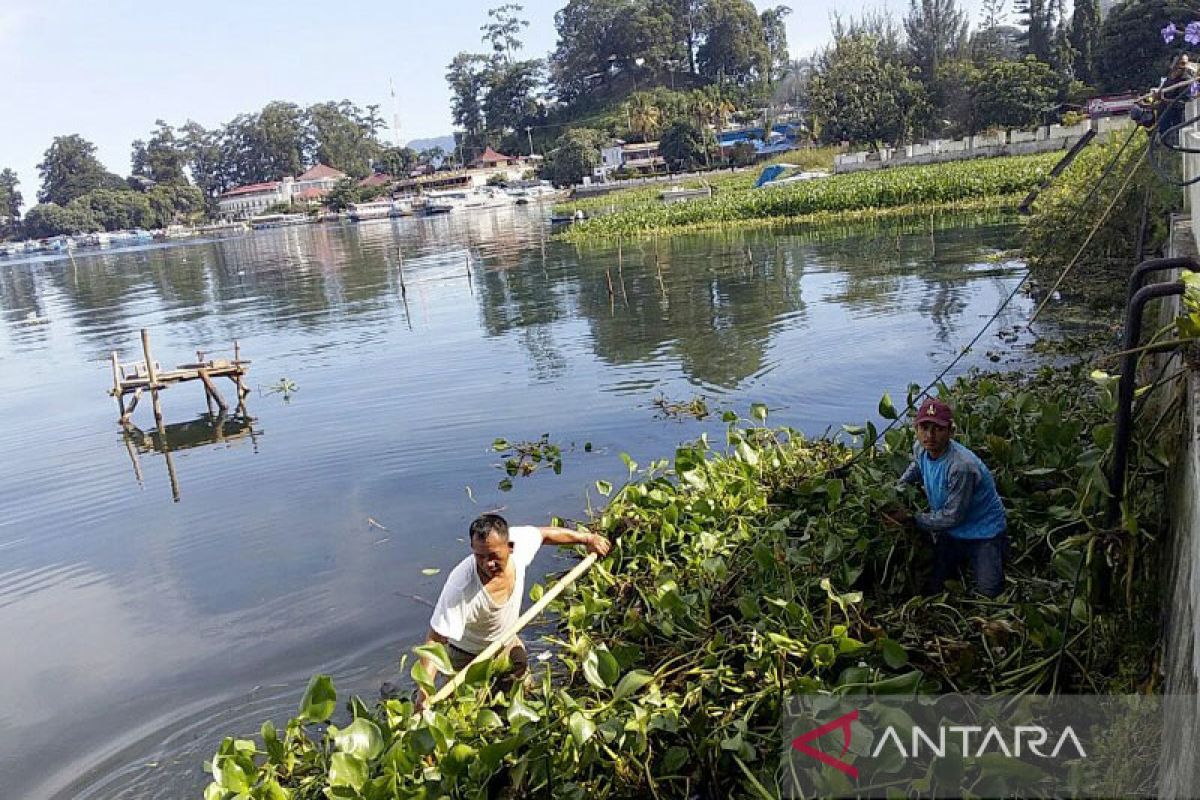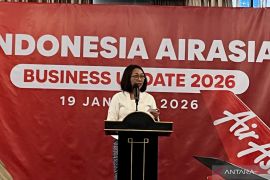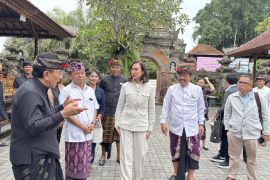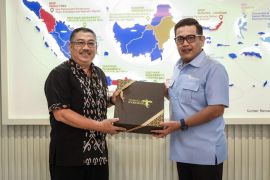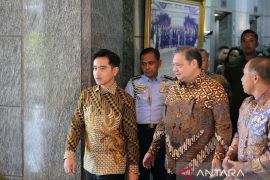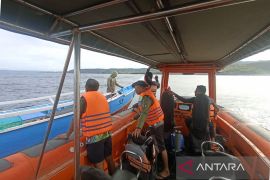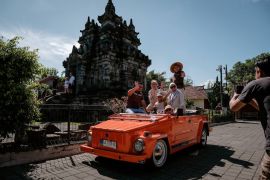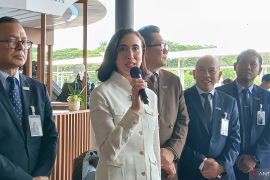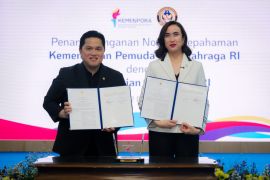The Ministry of Tourism described the future of tourism that no longer depends on the number of visitors, but on the quality of experiences and responsibility towards nature, culture, and community well-being.
This vision changes the old paradigm from promoting beautiful places to building a sustainable tourism ecosystem with added value.
The ministry's Deputy for Marketing, Ni Made Ayu Marthini, during a live talk show session with the Tourism and Creative Economy Journalists Forum, pointed out that tourism should stretch beyond visual appeal and must penetrate deeper layers, encompassing awareness, empathy, and sustainability.
According to her, cleanliness is the starting point for this change. Marthini emphasized that this aspect must become the standard of civilization in the tourism industry.
Modern tourists look beyond beautiful views, considering whether a place is clean, well-managed, and environmentally responsible.
In a global context, destinations with high levels of cleanliness are considered to have higher social value, indicating a civilized society and a professional industry.
Therefore, cleanliness is no longer a minor aspect of service but rather a symbol of the progress of tourism.
The second aspect is sustainability, where this realm is not only defined by environmental protection but also the involvement of these three pillars: nature, culture, and community well-being.
Elevated tourism can be truly reflected when economic benefits are created without harming the environment or diminishing cultural values. This means that every destination development must consider environmental carrying capacity, honor traditions, and advance the welfare of local communities.
This represents the new basis the government aims to create, ensuring economic growth goes hand in hand with social accountability.
To show the strategic direction of this transformation, the government has outlined five key priorities for the tourism sector in the 2025 Flagship Program.
Digitalization through Tourism 5.0 is considered the first step, as technology not only facilitates promotion but also enables smarter, personalized tourism experiences.
With artificial intelligence, tourists can be directed to sustainable destinations, eco-friendly hotels, or tourism activities that support conservation. Technology is no longer just a tool but a mechanism for shaping more value-conscious traveler behavior.
National Identity
The next focus, strengthening gastronomic, maritime, and wellness tourism, emphasizes Indonesia's uniqueness as part of the nation’s identity.
Indonesian gastronomy, which holds thousands of local recipes, is not merely a culinary product but can also serve as cultural heritage with a global attraction potential.
If managed sustainably, marine and wellness tourism can also emerge as leading sectors that combine recreation and conservation.
Beyond delivering experiences, these three sub-sectors promote narratives of sustainable beauty and wellness anchored in local traditions.
Furthermore, hosting global-level events is a way to strengthen Indonesia's cultural diplomacy and creative economy on the global stage.
The Tourism Ministry recognized the need to promote Indonesian tourism through cross-border collaborations and shared experiences.
With the promotion of local intellectual wealth, such as wellness, culinary, or cultural festivals, it promotes not only the destination but also a creative, modern, and globally valuable national identity.
Another significant pillar is the development of community-based tourism villages where it represents a concrete form of democratization of the tourism economy.
In the old paradigm, tourism was often top-down, with investors arriving and the community becoming mere spectators.
The ministry is now shifting this to a bottom-up approach, where the community becomes the primary actor, not merely the recipient of the impact.
When involved in tourism planning to management, communities tend to preserve their cultures and nature, and also play their role as independent economic drivers.
Tourism villages are not merely tourist destinations, but can turn into symbols of social transformation, a manifestation of growth in tourism progress, without losing their cultural roots.
Clean Tourism
On the other hand, strengthening the cleanliness and hygiene of destinations is also being pursued through a national movement called Clean Tourism. Beyond a campaign material, this effort builds collective awareness to maintain cleanliness.
As Marthini said, cleanliness is a main requirement for a destination to evolve. The effort to maintain and increase cleanliness needs joint collaboration from the government, stakeholders, industry players, the community, and tourists themselves.
The Go Beyond Ordinary campaign rolled out by the ministry is a new beginning for the Indonesian tourism sector.
It carries a message of becoming a conscious tourist, not just a traveler. Travel is no longer defined by distance, but by the positive impact left behind.
This awareness redirects tourism from a consumptive mindset to a reflective one, urging the public to see it as an act of social and cultural responsibility rather than simple leisure.
However, challenges lie in ensuring that each policy, campaign, and breakthrough truly upholds sustainability, since unbalanced tourism growth will ultimately be self-destructive.
The artificial intelligence-based innovation prepared by the Ministry of Tourism is a visionary step in addressing this challenge. Technology can serve as an educational tool for tourists to make wise choices.
Through data and algorithms, travel choices can be made toward destinations that are ethical, environmentally friendly, and socially responsible. In the long term, this approach will realize a competitive and responsible tourism ecosystem.
The new approach of Indonesian tourism now places value above price. A key insight from the discussion emerges when the cost becomes less important once tourists understand the true value of their choices.
This new direction sends a message to the industry and society: sustainability is not an optional extra, but rather the core of the future of tourism.
Indonesian tourism is not competing to be the cheapest or the most numerous, but to be the most meaningful and responsible.
Once this awareness grows, tourism will grow based on the values it carries rather than on promotional efforts.
Related news: Yogyakarta's new coastal bridge seen as tourism magnet
Related news: Govt features 110 tourism agendas in 2025 Karisma Event Nusantara
Editor: Rahmad Nasution
Copyright © ANTARA 2025
